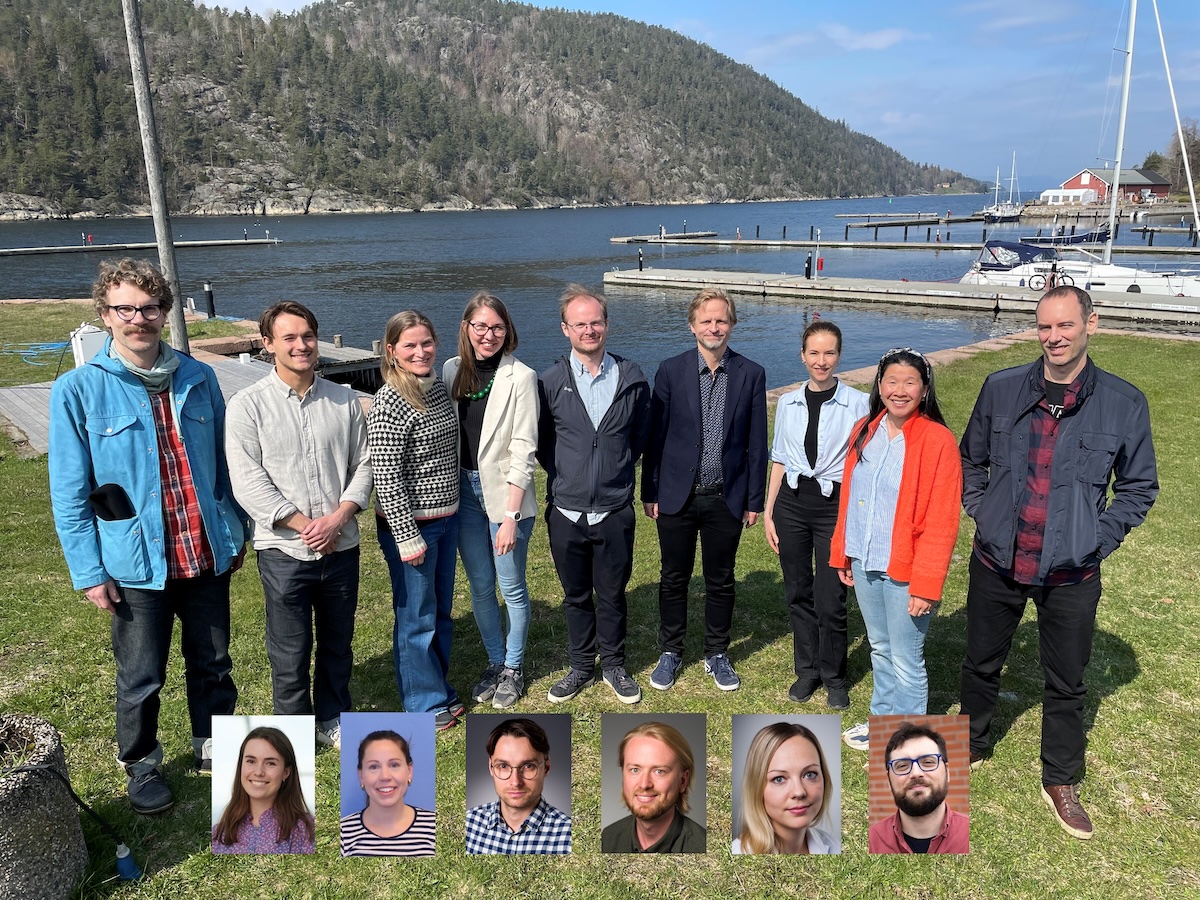Genomics and Metagenomics in Inflammatory Disorders
The Genomics and metagenomics in inflammatory diseases group aims to characterize and understand the influence of the gut microbiome on inflammatory diseases, with a particular emphasis on the liver disease primary sclerosing cholangitis (PSC) and on inflammatory bowel disease (IBD), which is associated with PSC.

The research group is studying the influence of the gut microbiome on inflammatory diseases, with a particular emphasis on the liver disease primary sclerosing cholangitis (PSC) and on inflammatory bowel disease (IBD), which is associated with PSC.
We use genetic and metabolomic methods, and cross-sectional, longitudinal and interventional designs. We also investigate the gut microbiota experimentally in animal models. The main aims are to identify causes of diseases and to establish microbiota medicine as a clinical field with an emphasis on biomarkers and therapy.
The overall research agenda and strategies are well-defined with a balance between the major focus on the liver disease primary sclerosing cholangitis (PSC) and associated conditions, and a more general focus on the strategic research area Personalized treatment in clinical microbiota medicine.
The first step of our translational research program is to characterize in detail microbiome in the disease by using metagenomic (sequencing-based) and metabolomic methodology. We study this in detail in PSC as well as recurrent PSC after liver transplantation, and the closely associated inflammatory bowel diseases. As part of the ERC Starting Grant project StopAutoimmunity, we use recurrent PSC as disease model, and we recently identified overlapping features of the mucosal microbiota composition before and after liver transplantation. This provides a strong rationale for further search for markers of microbial functions in PSC and rPSC. In ongoing work we therefore perform unbiased screening for alterations of microbial metabolites in blood. Similar strategies have been or are being employed in other disease states that we have have examined during the past decade, including inflammatory bowel diseases, immunodeficiencies, and heart failure.
In the next steps, clinical relevance is established by investigations of altered microbial functions as biomarkers. We now follow up on several interesting findings, including new data on the importance of e.g. vitamin B6. In parallel, we now work extensively with experimental animal models in germ-free, gnotobiotic or conventional setting to investigate cause and effect of microbial alterations observed in PSC. This is crucial to establish a rationale for e.g. therapeutic trials. Clinical “proof-of-concept” trials are needed to establish feasibility and mechanistic evidence of a role of the gut microbiome and our first clinical trial in PSC based on our own observations (vit B6 supplementation) will soon be initiated. Clinical trials targeting the gut are also important in our Strategic research area.
Notably, the group activities also try to answer other questions, including autoimmunity in PSC, molecular mechanisms of PSC and rPSC, including modern methods of spatial and tissue transcriptomics, molecular aspects of the GPR35, with clinical translation as important goals.
